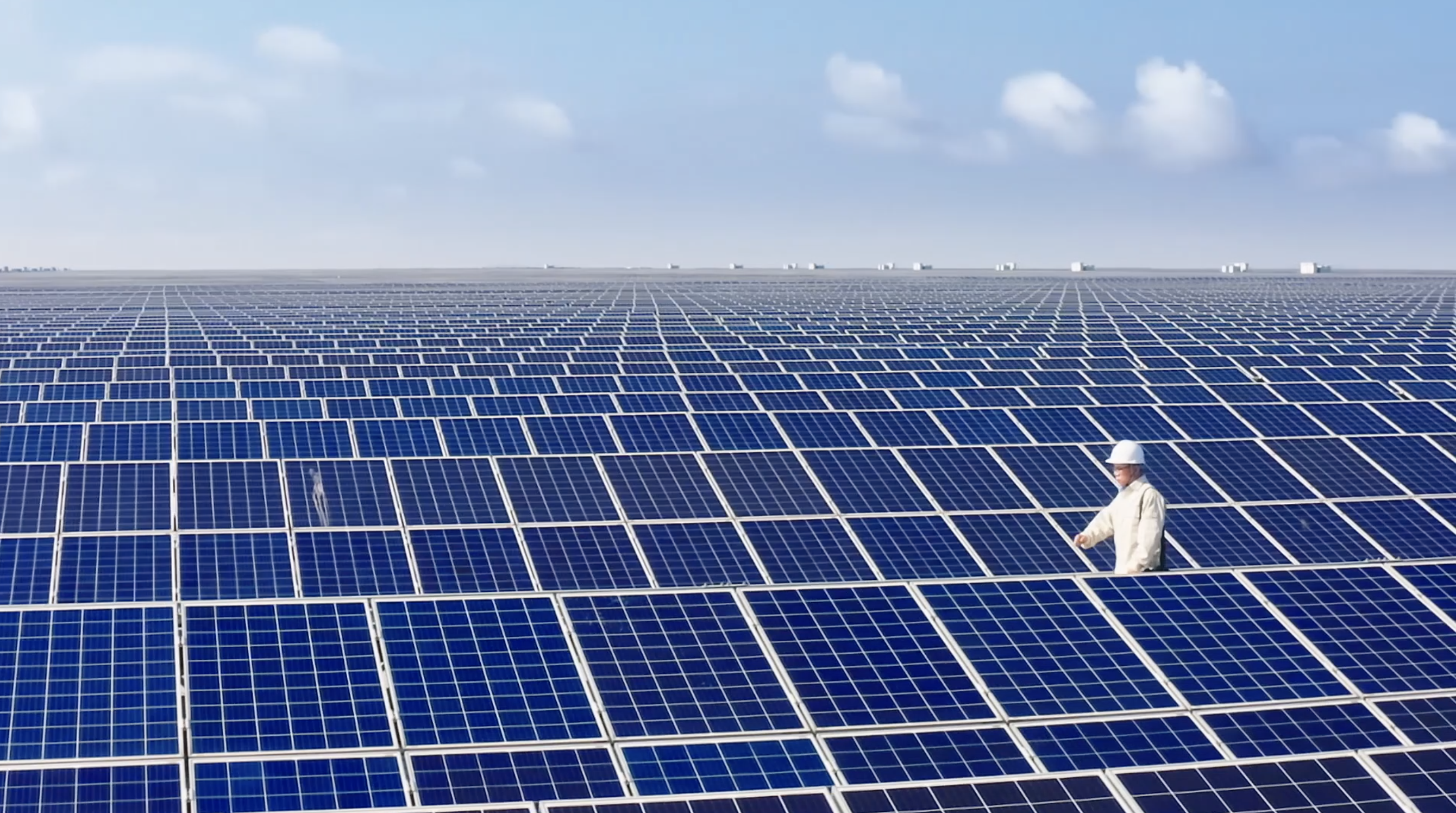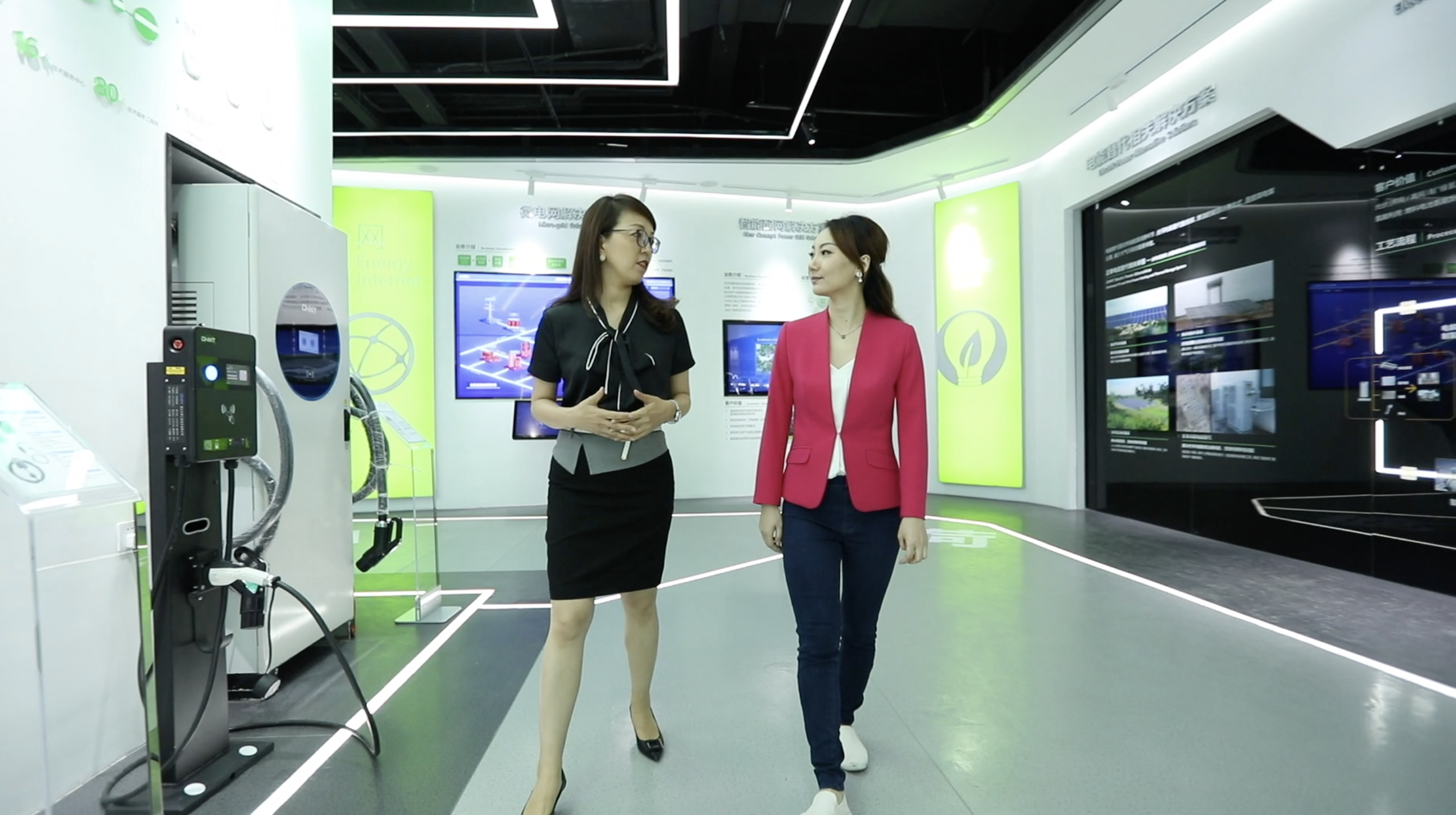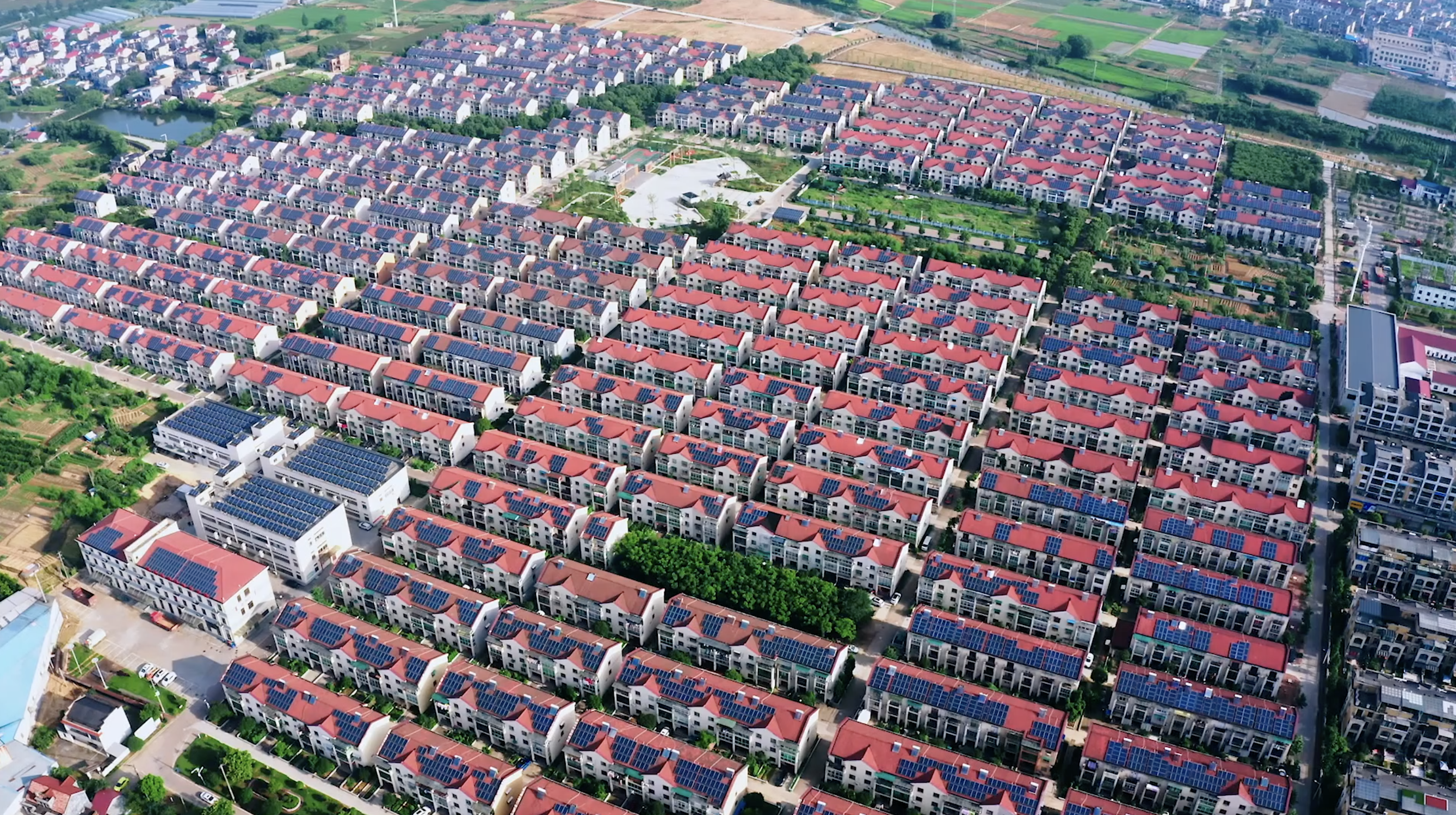03:17

Situated on the southeast coast of east China's Zhejiang Province, Wenzhou is known for its booming private sector. In the 1970s, it was a test case for China's market reforms, relying heavily on small- and medium-sized enterprises focused on low-end manufacturing for export.
Now, the famous "Wenzhou Model" is undergoing a digital upgrade, driven by a county-level city called Yueqing.
From solar panels to charging stations for electric vehicles, Yueqing is home to key companies that built much of China's "smart grid" infrastructure.
At the heart of it is how 5G and cloud platforms can provide electricity at low cost – benefiting both users and the environment.
Some of the answers are on show at the CHINT IoT and Sensors Industrial Park, a $320-million project, named after the company that spearheaded it.

Inside the Electrical Town - CHINT IoT and Sensors Industrial Park, July 21, 2021. Wang Yuxiang /CGTN
Inside the Electrical Town - CHINT IoT and Sensors Industrial Park, July 21, 2021. Wang Yuxiang /CGTN
From switch maker to industry behemoth
Thirty-seven years ago, CHINT was a small factory that made electric switches. Now, it's the nation's biggest supplier of rooftop solar panels, with a wide range of electronic products.
The Shanghai-listed firm posted $5.1 billion in revenues in 2020. It became the highest-valued company in Wenzhou as share prices soared to a record high in July this year.
With the industrial and incubation park, CHINT wants to showcase itself as a leader in the energy supply chain and demonstrate how it works with other key players to create an energy ecosystem.
Part of that means building hybrid systems that integrate wind, solar and thermal power to provide a continuous supply of electricity.
The systems can be digitally controlled via cloud computing to reduce energy wastage.
"Developing clean and safe energy systems is very difficult and requires collaboration across multiple fields. Improving the energy and product structures is key," said Huang Bingrong, deputy director of CHINT IoT and Sensors Industrial Park.
Another example of a compact solution sits right outside the industrial park: street lights.
The humble lampposts are fitted with high-tech sensors, cameras and LED screens. They can monitor traffic, track air quality and provide Wi-Fi – the bigger poles even double as landing pads for drones.
The drones are deployed routinely to check road conditions, and can help with emergency and disaster response by taking aerial images.
CHINT says their technologies have been exported to 140 countries, with products ranging from power sockets to smart home appliances and solar farms.
"When we do business with the world, we work hard and adapt well. For example, we were tasked to install electricity for a makeshift hospital in Egypt when COVID-19 broke the global supply chain, but we were able to finish the job in 10 days," said Zhang Zhihuan, vice president of CHINT Electric.

The largest manufacturer of household rooftop solar panels in China. /photo via CHINT Electric
The largest manufacturer of household rooftop solar panels in China. /photo via CHINT Electric
"Electrical Town"
Yueqing is dubbed China's electrical town for its expertise in making equipment for power-related infrastructure, home appliances and telecommunications.
Officials say the sector remains robust despite external shocks, such as international trade tensions and rising costs of raw material.
"Yueqing doesn't have obvious geographical advantages. So the government has gone to great lengths to curate resources, including land, money and manpower," said Guan Guoqiang, director of Yueqing Municipal Bureau of Economy and Information.
"We've transformed old factories to create more space, creating special industry funds and offering housing and schooling benefits for skilled workers and their children."
Still, labor shortages remain a problem, with skilled talent gravitating towards the provincial capital Hangzhou and the southern tech hub of Shenzhen.
Officials hope policy incentives that focus on high tech innovation and new incubators led by major companies will be the key to unlocking the town's future.

